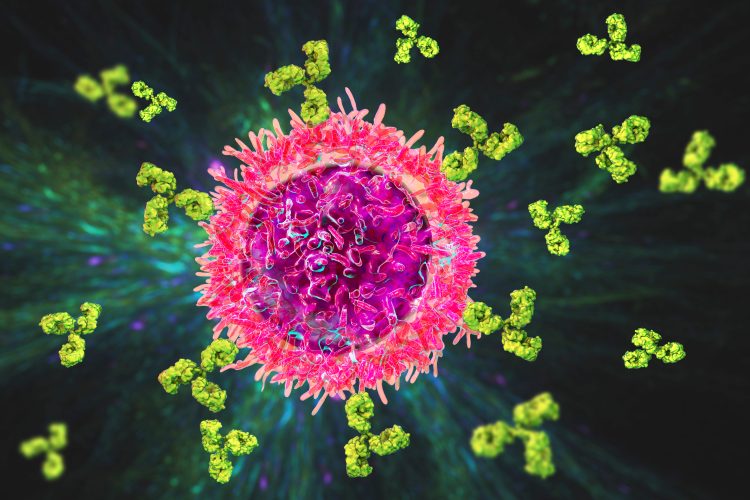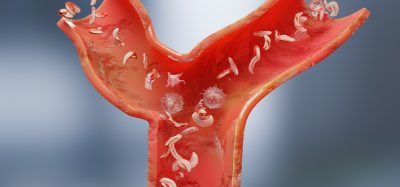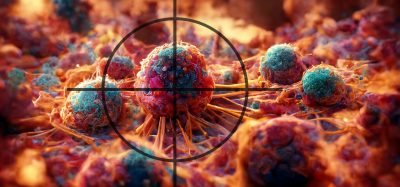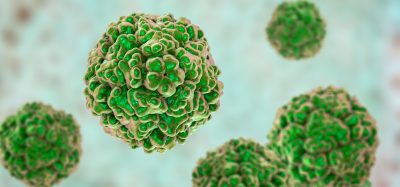Reprogramming B cells to produce custom antibodies
Posted: 5 August 2024 | Drug Target Review | No comments yet
The new technique could be adapted to produce a wide range of antibodies to combat chronic conditions like HIV.


Researchers at the University of Southern California (USC) have discovered a technique to reprogramme the immunoglobulin locus of B cells, enabling them to produce specially designed antibodies, that are not induced by immunisation, to destroy cancer cells or HIV.
Paula Cannon, Distinguished Professor of Molecular Microbiology & Immunology at the Keck School of Medicine of USC and senior author of the study, explained: “In some diseases or conditions, the natural antibodies made by B cells are just not good enough…HIV is a very good example of that. It mutates constantly, keeping one step ahead of whichever antibodies are being thrown at it. We thought a checkmate move might be persuading B cells to make an antibody that was so broad in its ability to ‘see’ HIV that HIV couldn’t easily mutate around it.”
The team stated that the new technique can be adapted to produce a wide range of different antibodies. B cells’ behaviour makes them ideal for combatting chronic conditions, as they function as a security system and antibody factory, living long-term in the bone marrow, lymph nodes and spleen.
Reduce preclinical failures with smarter off-target profiling
24 September 2025 | 15:00PM BST | FREE Webinar
Join this webinar to hear from Dr Emilie Desfosses as she shares insights into how in vitro and in silico methods can support more informed, human-relevant safety decisions -especially as ethical and regulatory changes continue to reshape preclinical research.
What you’ll learn:
- Approaches for prioritizing follow-up studies and refining risk mitigation strategies
- How to interpret hit profiles from binding and functional assays
- Strategies for identifying organ systems at risk based on target activity modulation
- How to use visualization tools to assess safety margins and compare compound profiles
Register Now – It’s Free!
With Cannon, first author Geoffrey Rogers, research associate and senior postdoctoral fellow in Cannon’s lab, utilised CRISPR gene editing methods to place the instructions for custom or non-natural antibodies at the exact site in the B cell’s DNA where antibodies are naturally produced. The antibodies were observed in a tonsil organoid model of immunisation. Like how regular antibodies respond to vaccination, the reprogrammed B cells could be stimulated to increase their output.
Now, the scientists are working with the USC Stevens Center for Innovation to license the technology for commercial use. Erin Overstreet, executive director of the USC Stevens Center concluded: “We’re really excited to help try and bring this to biotech companies…This could be a fundamental shift in how we approach certain diseases.”
This study was published Nature Biomedical Engineering.
Related topics
Antibodies, Disease Research, Genome Editing
Related organisations
Keck School of Medicine, University of Southern California (USC), USC Stevens Center for Innovation








